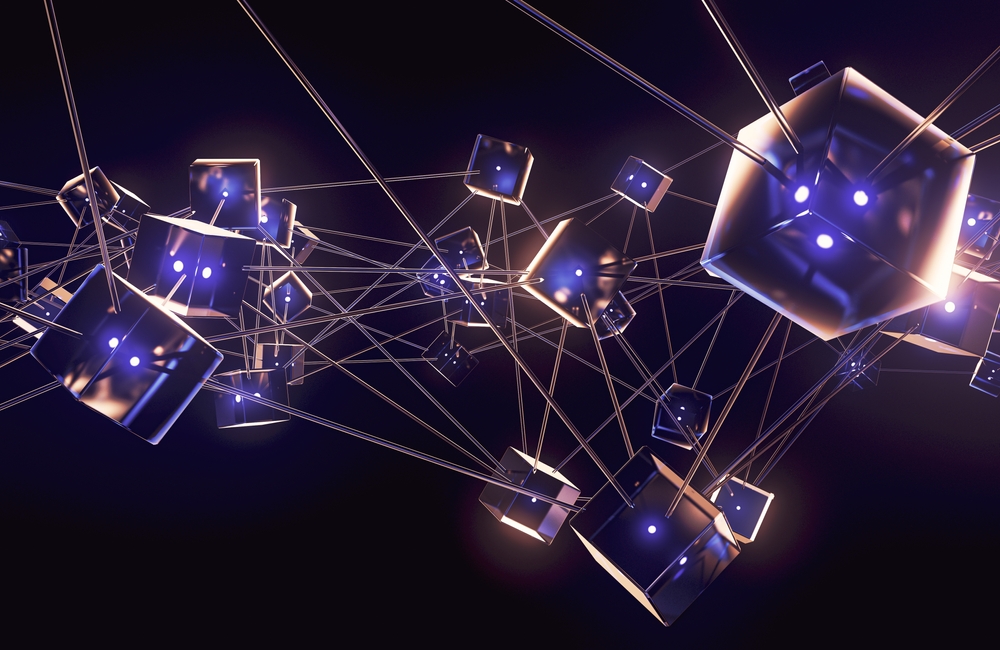ILIADA Project launches public call for research and development in Blockchain
The ILIADA project releases this Tuesday (6/25) its first public call, which aims to select Working Groups (WGs) to develop studies and research to collaborate with functionalities and technologies for blockchain network testbeds and facilitate the development of applications based on this technology.
The selected Working Groups must develop and deliver a series of products that will aim to enable the use and replication of results obtained in other research initiatives at RNP or in implementation in test or production computing environments.
To be eligible to apply, the WG must be composed of an academic coordinator (project proponent) and a team of collaborators. The academic coordinator must be a researcher/professor linked to a public or private teaching and/or research institution.
A public web conference is planned to answer questions about this call, on July 5th at 2pm, at: https://conferenciaweb.rnp.br/rnp/iliada
The deadline for submitting proposals is July 25, 2024.
Access the notice for additional information
Queries and requests for clarification regarding this public call must be sent to the Evaluation Committee, via the internet, to email iliadablockchain@rnp.br
The Working Group proposal must cover at least one of the topics on the (non-exhaustive) list of interest to the ILIADA project:
- Algorithms and decentralized applications (dApps);
- Decentralized finance (DeFi) involving crypto assets, stable coins and Central Bank Digital Currency (CBDC), such as DREX and other initiatives;
- Non-Fungible Tokens (NFTs);
- Asset tokenization;
- Decentralized Autonomous Organizations (DAOs);
- Interoperability between Blockchains;
- Blockchains benchmarking and comparative study of platforms;
- Accessibility to Blockchains and improvements in ease of use;
- Security and Privacy in Blockchains;
- Security and Audit of Smart Contracts;
- Governance and Transparency in Blockchains;
- Permissioning in private and permissioned Blockchains;
- Consensus algorithms;
- Zero Knowledge Proofs (ZKPs);
- Scalability and performance of blockchain networks;
- Fault tolerance and dependability in blockchain networks;
- Automation and operation of blockchain networks;
- Monitoring blockchain networks;
- Blockchain trilemma (scalability, security, decentralization).
